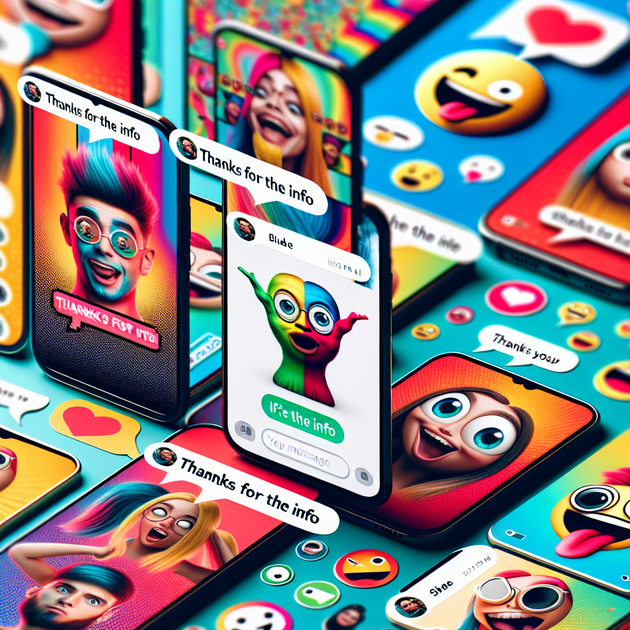What is it about a simple phrase like “thanks for the info” that’s turned it into a staple of meme culture? If you’ve spent any time on social media or meme pages, chances are you’ve come across this expression—often paired with an image or screenshot that makes you laugh, roll your eyes, or both. But why do these memes feel so spot-on, and what can they teach us about internet humor and communication?
The Universal Charm of “Thanks for the Info” Memes
At its core, the phrase “thanks for the info” is about acknowledgment. But online, it often takes on a life of its own—used sarcastically, genuinely, or somewhere in between. That versatility is exactly why these memes have become such a mainstay in meme culture. Anyone who’s ever received a random fact, an obvious statement, or an unsolicited opinion can relate.
These memes typically pop up in comment sections, group chats, and forums—anywhere people are sharing thoughts and advice, whether helpful or hilariously obvious. As a result, they’ve found a home across all sorts of online communities, from gamers to hobbyists to regular folks who just enjoy a good laugh.
Why Do These Memes Go Viral?
A big part of their popularity comes from how flexible and easy they are to use. “Thanks for the info” fits almost any situation where someone has said something unnecessary or overly obvious. That makes it perfect meme material—universal, slightly sarcastic, and often very funny.
Some reasons these memes catch on so quickly:
- Relatability: Everyone’s been on the receiving end of unnecessary advice.
- Ease of use: It’s short and works with almost any image or scenario.
- Playful sarcasm: It delivers a gentle jab without being mean-spirited.
- Memorable templates: The visual formats are easy to remix and share.
- Community bonding: Sharing these memes helps people feel part of an inside joke.
According to BBC’s take on meme trends, familiar formats like this one thrive because they’re both adaptable and instantly recognizable.
The Role of Sarcasm and Internet Humor
Sarcasm is almost a second language on the internet. The “thanks for the info” meme is a prime example—it lets people poke fun at each other or diffuse awkward moments without causing offense. Instead of calling someone out directly, you can just drop the meme and everyone gets the message.
Online humor often relies on this kind of gentle ribbing. It’s a way for people to connect and share an understanding that sometimes, we all say things that don’t really need to be said. If you want to explore more about how memes shape digital conversations, check out this Pew Research overview.
An Anecdote: When “Thanks for the Info” Saved the Day
Picture this: A friend in your group chat announces—yet again—that it’s cold outside. No one asks, but here it is, another weather update. Instead of groaning or ignoring it, someone sends a quick meme with a big, bold “thanks for the info.” Suddenly, everyone’s laughing, and your friend gets the point without any hard feelings.
It’s this kind of harmless humor that makes these memes so popular—they help us navigate minor social slip-ups with a wink and a smile.
How to Spot and Create Your Own “Thanks for the Info” Meme
Want to join in on the fun? Here’s what makes an effective meme in this style:
- Start with an image or screenshot that exaggerates or highlights an unnecessary statement.
- Add the phrase “thanks for the info” as your caption or punchline.
- Keep it light—aim for playful rather than harsh.
- Share with friends or communities that appreciate tongue-in-cheek humor.
For inspiration, you can explore meme archives like Know Your Meme, which catalogs countless variations and related trends.
The Takeaway
“Thanks for the info” memes have carved out their own niche in internet humor by being simple, versatile, and endlessly relatable. They’re proof that sometimes, less really is more—especially when it comes to making people laugh online.
What’s your favorite way to use or see these memes? Share your thoughts in the comments and join the ongoing conversation about digital culture!

Leave a Reply